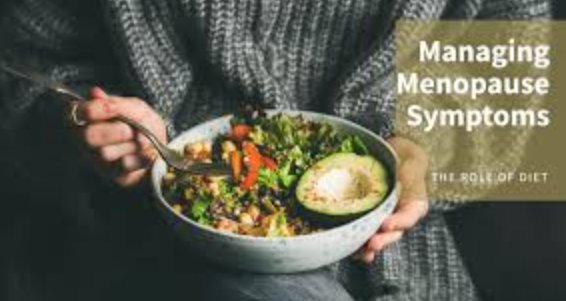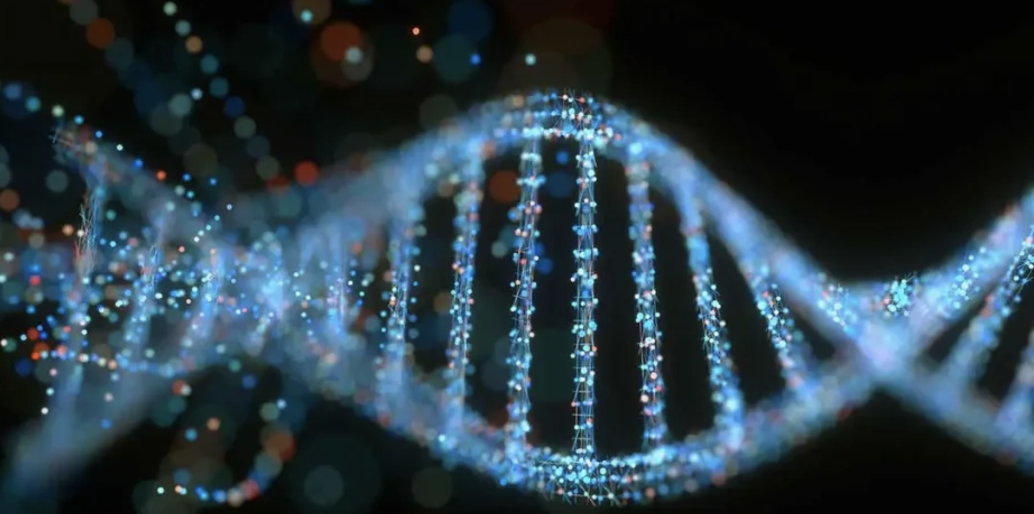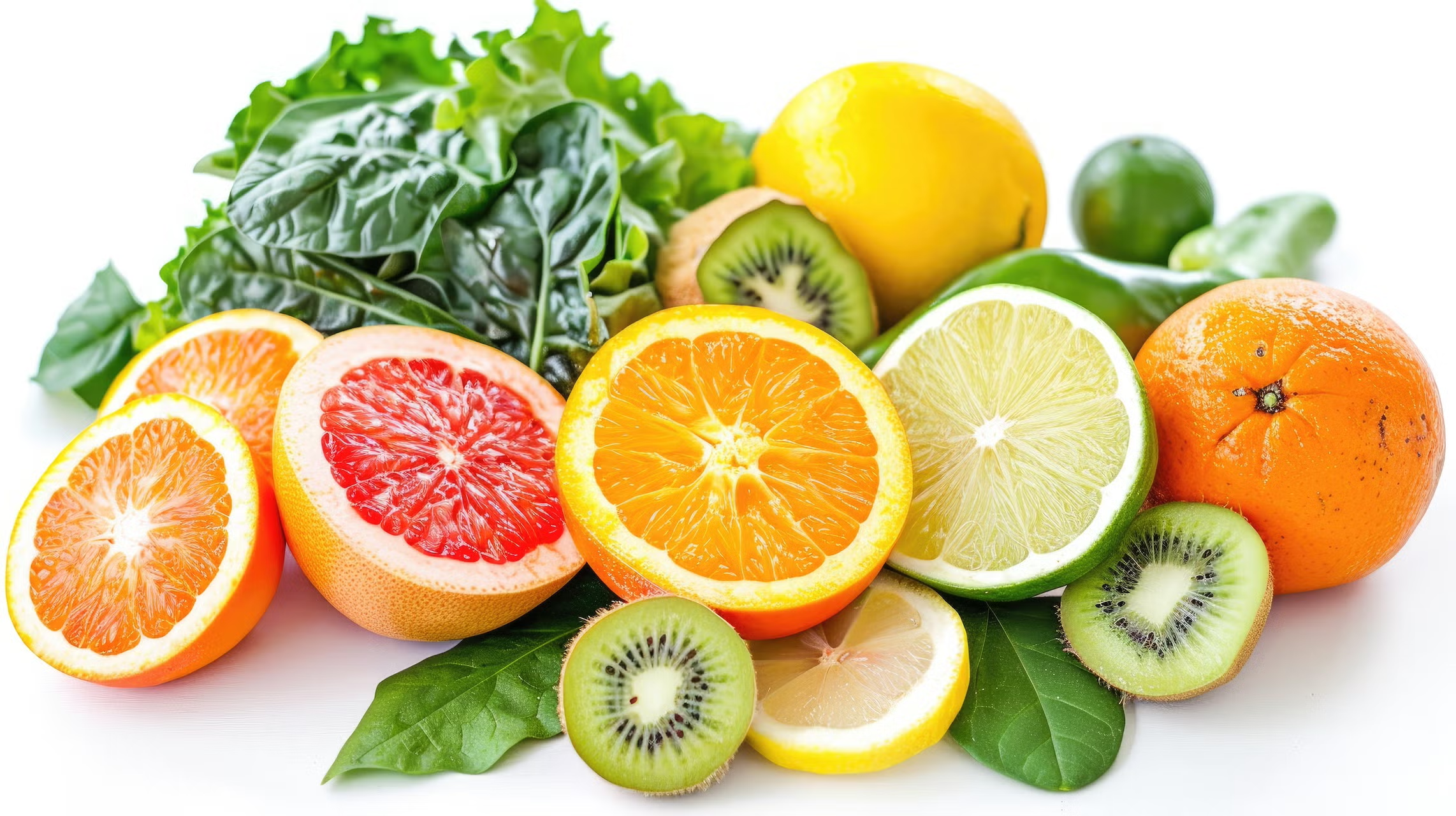
The Engine 2 Diet prioritizes nutrient-dense foods that are naturally low in fat and cholesterol. Its focus on plant-based, anti-inflammatory ingredients can address many challenges associated with menopause. Key benefits include:
- Hormonal Balance: The diet is rich in phytoestrogens (plant-based estrogens), found in foods like soy and flaxseed, which can help alleviate hot flashes and hormonal fluctuations.
- Bone Health: Calcium and magnesium-rich foods, like leafy greens and nuts, support bone density, reducing the risk of osteoporosis.
- Mood and Energy: The inclusion of whole grains and omega-3 fatty acids helps stabilize blood sugar levels and boost serotonin, improving mood and energy.
- Heart Health: Menopause increases the risk of heart disease, but the Engine 2 Diet’s low-fat and high-fiber components support cardiovascular wellness.
Menopause-Friendly Foods on the Engine 2 Diet
Incorporating the following foods into your diet can help alleviate menopause symptoms:
1. Leafy Greens (Calcium and Magnesium)
- Examples: Kale, spinach, collard greens
- Benefits: Support bone health and reduce muscle cramps associated with menopause.
2. Berries (Antioxidant Powerhouse)
- Examples: Blueberries, strawberries, raspberries
- Benefits: Combat oxidative stress and support skin health, which can change during menopause.
3. Whole Grains (Fiber and Energy)
- Examples: Brown rice, quinoa, oatmeal
- Benefits: Promote digestive health and provide steady energy to reduce fatigue.
4. Nuts and Seeds (Omega-3 Fatty Acids)
- Examples: Walnuts, chia seeds, flaxseeds
- Benefits: Help manage inflammation, support joint health, and improve brain function.
Learn more about nutrient-dense foods for menopause at Infoiz.com.
Comparing the Engine 2 Diet to Other Menopause Diets
When researching menopause-friendly diets, you might come across comparisons such as “Noom vs Engine 2”. Here’s how the two stack up for managing menopause symptoms:
- Noom: Primarily focuses on calorie tracking and behavior modification, which can be helpful for weight management. However, it doesn’t provide a structured emphasis on specific nutrient needs for menopause.
- Engine 2: Offers targeted support for hormonal balance, bone health, and inflammation reduction, making it a better choice for menopause-related concerns.
Tips for Transitioning to the Engine 2 Diet During Menopause
If you’re new to plant-based eating, here are some practical tips to get started:
- Start Small: Gradually replace processed foods and animal products with Engine 2-approved options like legumes, whole grains, and vegetables.
- Focus on Calcium and Vitamin D: Add fortified plant-based milks and leafy greens to your meals to support bone health.
- Incorporate Phytoestrogens: Include flaxseed, soy products, and chickpeas to help regulate hormonal changes.
- Stay Hydrated: Drink plenty of water to combat dryness, a common menopause symptom.
For personalized guidance, visit Infoiz.com, where we offer tailored meal plans and tips for menopause management.
Why Gynecologists Recommend the Engine 2 Diet
Many gynecologists advocate for the Engine 2 Diet because it aligns with the nutritional needs of women experiencing menopause. By reducing saturated fat, boosting fiber, and incorporating anti-inflammatory foods, this diet provides a holistic way to address symptoms while promoting long-term health.
Conclusion
The Engine 2 Diet is a powerful ally for women navigating menopause. Its emphasis on whole, plant-based foods addresses key concerns such as bone health, hormonal balance, and cardiovascular wellness. Whether you’re seeking to reduce hot flashes, stabilize your mood, or improve your overall quality of life, this diet offers a comprehensive and sustainable approach to health.
For more tips on managing menopause with plant-based diets, explore Infoiz.com.






